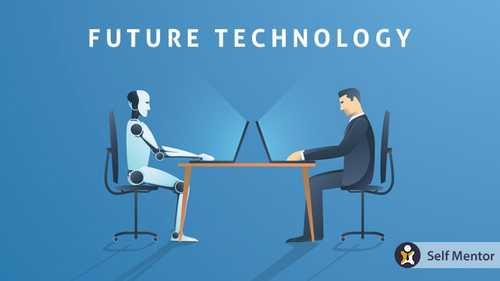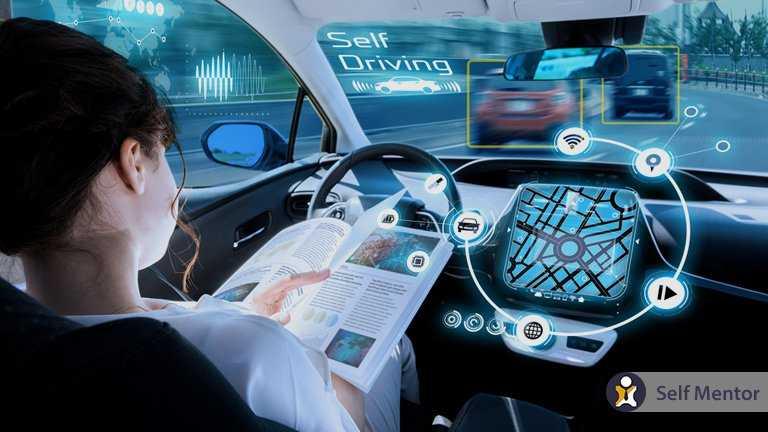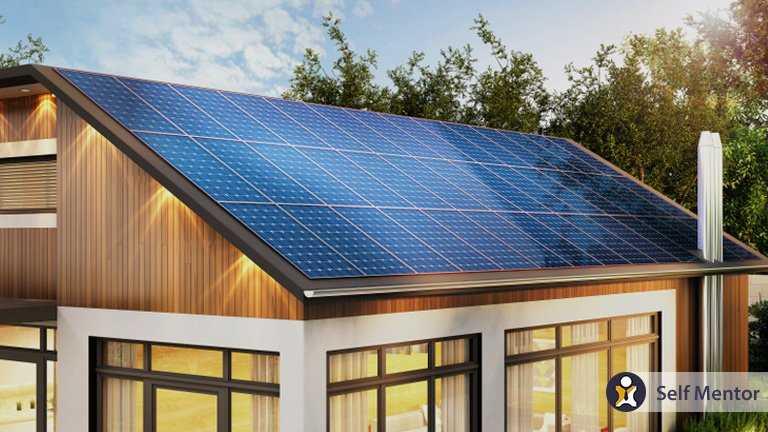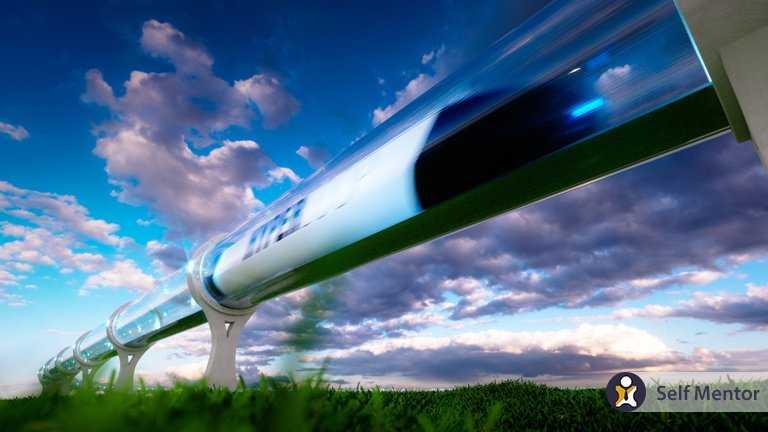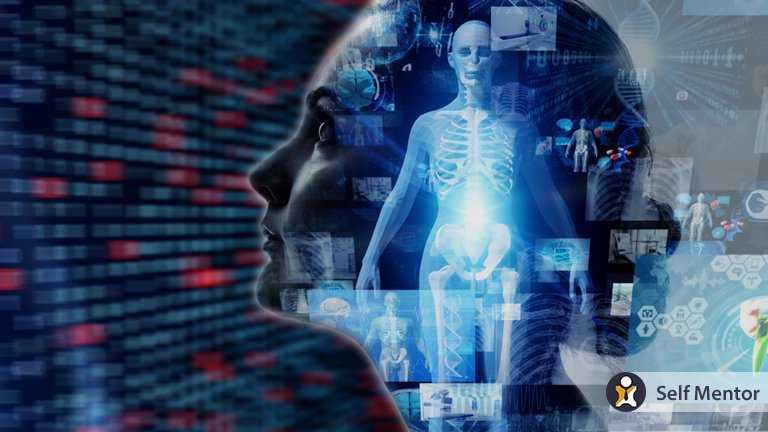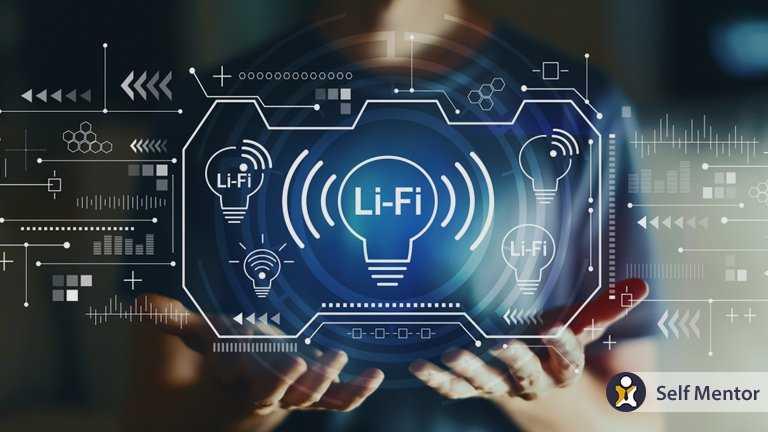Explore the World's Best Ideas
Join today and uncover 100+ curated journeys from 50+ topics. Unlock access to our mobile app with extensive features.
Futuristic Tech Innovations That Will Change World
We live in an ever-evolving world, especially when it comes to technology. The last decade changed the way we communicate, watch television, drive, and shop. The new decade is poised to bring more futuristic tech that may legitimately change the world.
The technology we're already exposed to and accustomed to has paved the way for us to innovate further, and this list of current and future technologies certainly has the potential to change our lives even more.
Here's our list of technologies that will "probably" change our lives forever over the coming decade and beyond:
7
43 reads
Cancer Detecting Smart Needles
There were over 1.7 million new cancer diagnoses in the US in 2019, with over 600,000 deaths. Most medical experts agree that early detection is key to defeating cancer. Now, a “smart needle” that is being developed in the UK could help root out cancer earlier.
The device uses a technique called Ramon spectroscopy and a low-powered laser to inspect specific areas. It can spot potentially cancerous cells in seconds.
7
34 reads
Self Driving Cars
The last decade saw the development of electric vehicles. The next may very well become known for introducing self-driving cars. Tesla is already developing a vehicle that can drive on “Autopilot” mode and actually take over some driving controls.
There will probably come a day where car manufacturers develop completely hands-free vehicles. Perhaps flying cars are not just something reserved for a certain futuristic cartoon family.
7
33 reads
Solar Panels
In the coming years, technology improvements will ensure that solar becomes even cheaper. It could well be that by 2030, solar will have become the most important source of energy for electricity production in a large part of the world. This will also have a positive impact on the environment and climate change.
At 27%, solar energy systems such as solar farms and Concentrating Solar Power (CSP) plants would become the world’s most valuable energy resource, generating more energy than fossil fuels, wind, or hydroelectric systems, as well as reducing carbon emissions by 6 billion tonnes a year.
8
31 reads
Hyper Fast Trains
Another Elon Musk backed company, Hyperloop is a high-speed underground transportation system that is currently being built and tested in America. The first route planned will go from Los Angeles to San Francisco. Another route is planning to go from New York to Washington D.C. in 29 minutes rather than the 2 hours 56 minutes it takes at the moment.
Hyper-fast trains that go underground and underwater could revolutionize not just public transport, but international travel too. Imagine being able to speed from one country to another at the same time.
7
31 reads
Miroscale 3 D Printing
The potential of 3-D printing technology has many people excited about new applications. But current printers have important limitations. Up until recently, most 3-D printers can only use plastic.
A group of researchers at Harvard University, led by Jennifer Lewis, have started to develop new 3-D printer inks. Her team prints intricate objects using materials that are chosen based on their mechanical properties, electrical conductivity, or optical traits. Eventually, new inks will enable a wider variety of functions, including artificial organ creation.
7
29 reads
Regenerating Medicine
Regenerative medicine is the branch of medicine that develops methods to regrow, repair, or replace damaged or diseased cells, organs, or tissues. Regenerative medicine includes the generation and use of therapeutic stem cells, tissue engineering, and the production of artificial organs.
Though it may sound like science fiction, doctors are already producing made-to-order body parts. To get started, doctors scrape cells off the body part in a question and grow them in a petri dish. In time, the body part grows strong enough that it can be implanted in the patient.
7
29 reads
Li FI
Li-Fi has been experimented with for the last few years and has some interesting potential for uber-fast data transfer speeds. Li-Fi uses light to transmit data rather than Wi-Fi radio waves. This technology is theoretically capable of transmitting data at much higher speeds and is also less prone to interference.
Because the visible light spectrum is around 10,000 times larger than the radio spectrum, there's a lot more potential for bandwidth. It's also thought that if Li-Fi does manage to take off it will be considerably cheaper than Wi-Fi.
7
28 reads
Artificial Intelligence And Innovation
Some of the world's biggest brands are increasingly turning to automation in order to better serve customers and to reduce costs. Big-box retailers use automated warehouses to sort and ship products, while social media networks use automation to moderate comments, and credit card companies use automation to detect fraud.
For example, Synapse is building a network that gives anyone the ability to contribute his or her data and train automation and machine-learning models. AI will change the way business is done.
7
25 reads
IDEAS CURATED BY
Businesses man, Reader, learner and most important investor in self to become better version for myself and WORLD.
Similar ideas
19 ideas
3D-Printed Buses? 35 Industries The Tech Could Transform
cbinsights.com
22 ideas
Future technology: 22 ideas about to change our world
sciencefocus.com
Read & Learn
20x Faster
without
deepstash
with
deepstash
with
deepstash
Personalized microlearning
—
100+ Learning Journeys
—
Access to 200,000+ ideas
—
Access to the mobile app
—
Unlimited idea saving
—
—
Unlimited history
—
—
Unlimited listening to ideas
—
—
Downloading & offline access
—
—
Supercharge your mind with one idea per day
Enter your email and spend 1 minute every day to learn something new.
I agree to receive email updates
